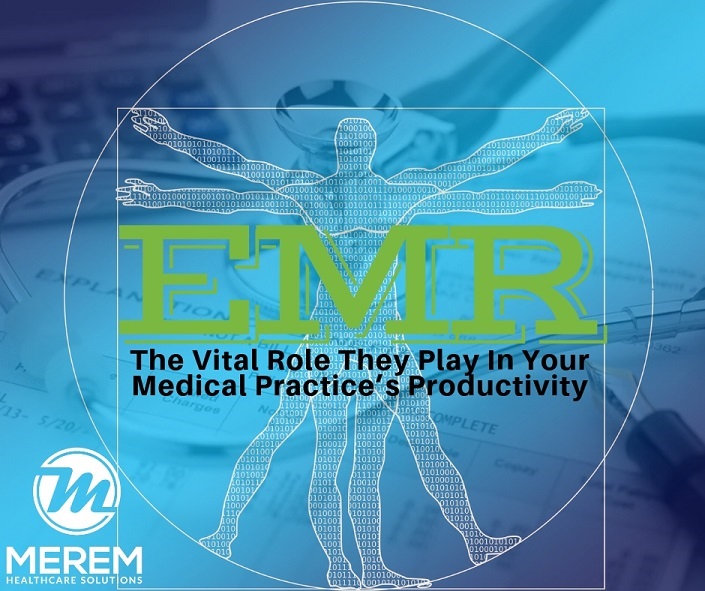
When the American Recovery and Reinvestment Act was approved, all healthcare providers (both public and private) were required to adopt the use of electronic medical records (EMR). Since January 1, 2014, EMR systems have assisted several healthcare organizations in maintaining health-related information on patients, as well as improving workflow and the quality of care provided to patients and their safety.
Unfortunately, though, adoption of EMRs across America has been low, which is why it is vital for all healthcare organizations to realize the importance and extensive need of EMR systems in all medical practices within the United States.
Is Your Medical Practice Utilizing an EMR?
When it comes to patient care, there are many medical “players.” An EMR system allows for communication on a patient to be had in one, centralized location, which also includes all services billed on the patient by each medical professional.
“An EMR system is extremely important for billing purposes, especially since it provides an audit trail of all necessary documentation,” explains Jennifer L. Smith, CPC, Director of Billing Operations at MEREM Healthcare Solutions. “With so many people involved with the patient, it is easier to be able to electronically locate medical records, authorization/referral approvals, records release, and payment receipts. All paperwork involving the patient and his or her care should be accessible at any time by anyone involved with the care of the patient.”
The Benefits of an EMR
If your medical practice has yet to utilize an EMR for its medical practice, what are you waiting for? Particularly since there are several benefits associated with an EMR system, including:
- Easily accessible for all parties
- Provides an audit trail (if needed)
- Eliminates the need for paper charts since everything is electronic
It is important that when an EMR system is being used, the process and/or workflow designates a person(s) to upload documentation daily, including what type of documentation and where it should be uploaded.
Avoid EMR Issues with Our Help
As with anything, the EMR system has some cons. However, even with the risks associated with an EMR system, medical offices can prevent problems with billing, coding, and other areas by:
- Making sure to have signed documentation from the patient regarding release of information,
- Staying within HIPAA compliance, and
- Verifying all necessary information on accounts.
Of course, even with an EMR system in place, it is good practice to have a backup via a paper chart or a computer disc in the case of a power outage or technical failure.
“MEREM Healthcare Solutions can assist with issues associated with EMR and billing among medical facilities,” Smith explains. “Our team can help implement processes and workflows regarding your EMR, ensure your medical practice remains in HIPAA Compliance, and send out notifications regarding missing documentation.”
At MEREM Healthcare Solutions, we want to be your strategic partner in making sure your billing, coding, auditing, and other needs are met. Contact us today to learn how our knowledgeable and experienced professionals can help assist with issues associated with EMR and billing among your medical facilities.
